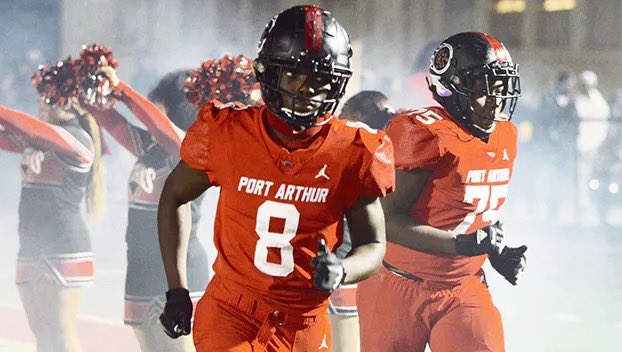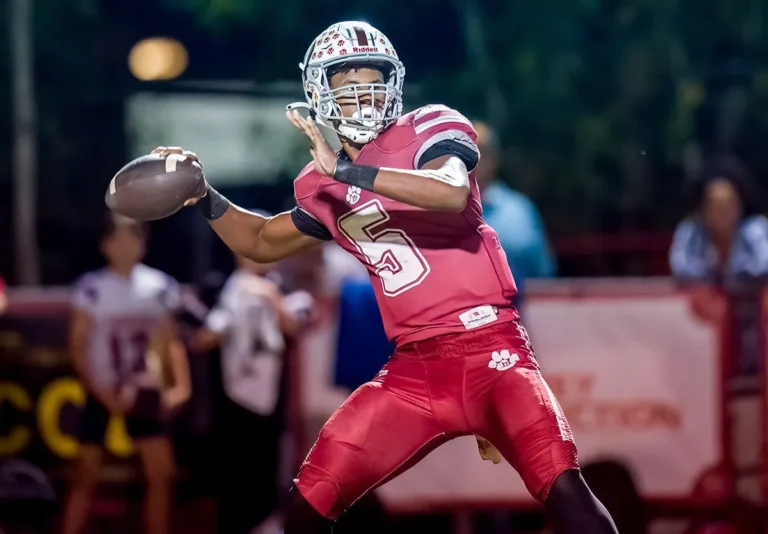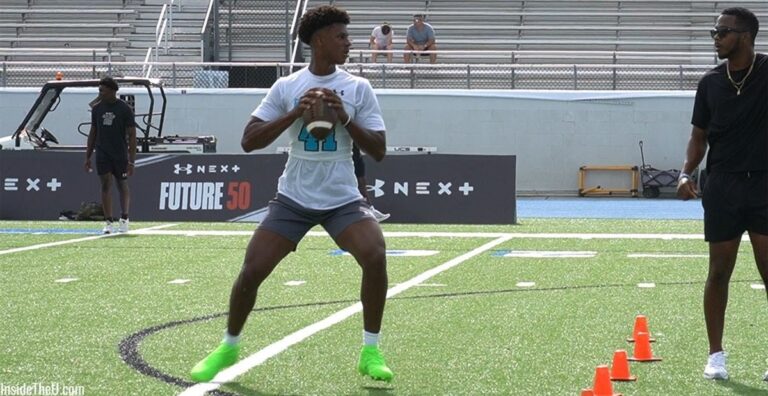
It’s certainly generating buzz that Texas quarterback Arch Manning and Head Coach Steve Sarkisian reportedly declined to participate in a cover shoot for EA Sports College Football 25 (EA CFB25).1 While neither Manning nor Sarkisian has issued an official statement detailing their reasons, we can delve into several plausible explanations for their decision, considering their individual circumstances and the broader landscape of college athletics.
One primary factor likely revolves around managing expectations and pressure surrounding Arch Manning. As the nephew of Peyton and Eli Manning and the grandson of Archie Manning, Arch arrived in Austin with an unprecedented level of hype.2 Every move he makes is scrutinized, and any prominent feature, such as an EA Sports cover, would amplify that attention exponentially. Sarkisian, known for his meticulous approach to player development and team dynamics, might be deliberately shielding his young quarterback from unnecessary external pressures. A cover appearance, while prestigious, could inadvertently place a target on Manning’s back and create a narrative that he needs to instantly live up to the legendary Manning name.
Furthermore, Manning’s current standing within the team likely plays a significant role. As Quinn Ewers’ backup for the upcoming season, Manning’s on-field experience at the collegiate level is limited. Headlining the cover of a major video game based on potential rather than proven performance could be perceived negatively by both his teammates and the broader college football community. Sarkisian may be keen to ensure Manning remains focused on his development and team role without the added distraction of being a cover athlete before establishing himself as the starting quarterback. This aligns with a team-first mentality that coaches often strive to cultivate.
Another potential reason could be related to NIL (Name, Image, and Likeness) considerations, although this seems less likely given the widespread acceptance of NIL deals. However, the specific terms and conditions offered by EA Sports might not have aligned with Manning’s or Sarkisian’s preferences. It’s possible they have a specific strategy for Manning’s endorsements and media appearances, and this particular opportunity didn’t fit into that plan. While EA Sports is likely offering compensation for the cover feature, the long-term implications for Manning’s brand and image might be a more significant consideration.
Coach Sarkisian’s priorities could also be a driving force behind this decision. He is entering a crucial season with high expectations for the Longhorns, especially as they transition to the SEC.3 His focus is undoubtedly on preparing the team for success on the field. Engaging in extensive promotional activities, even for a high-profile game like EA CFB25, might be seen as a distraction from the core task of coaching and team preparation. Sarkisian has a reputation for being intensely focused, and he might have deemed the cover shoot an unnecessary commitment of time and energy, especially for a player who isn’t the current starting quarterback.
Finally, it’s possible that the decision is a strategic move to maintain a low profile for Manning. By deliberately avoiding high-profile media appearances, the coaching staff might be aiming to allow him to develop and mature without the constant glare of the national spotlight. This approach could be beneficial in the long run, allowing Manning to focus on his craft and integrate into the team culture without the added pressure of being a national icon before he has even secured a starting role.
In conclusion, while the exact reasons for Arch Manning and Steve Sarkisian’s reported refusal to be featured on the EA CFB25 cover remain speculative, several factors likely contributed to the decision. Managing expectations around a highly touted player, respecting his current team role, potential NIL strategy considerations, Coach Sarkisian’s focus on team preparation, and a desire to maintain a low profile for the young quarterback are all plausible explanations. This decision, while surprising to some, underscores the unique pressures and considerations involved in managing a player with Manning’s pedigree in the high-stakes world of college football.


